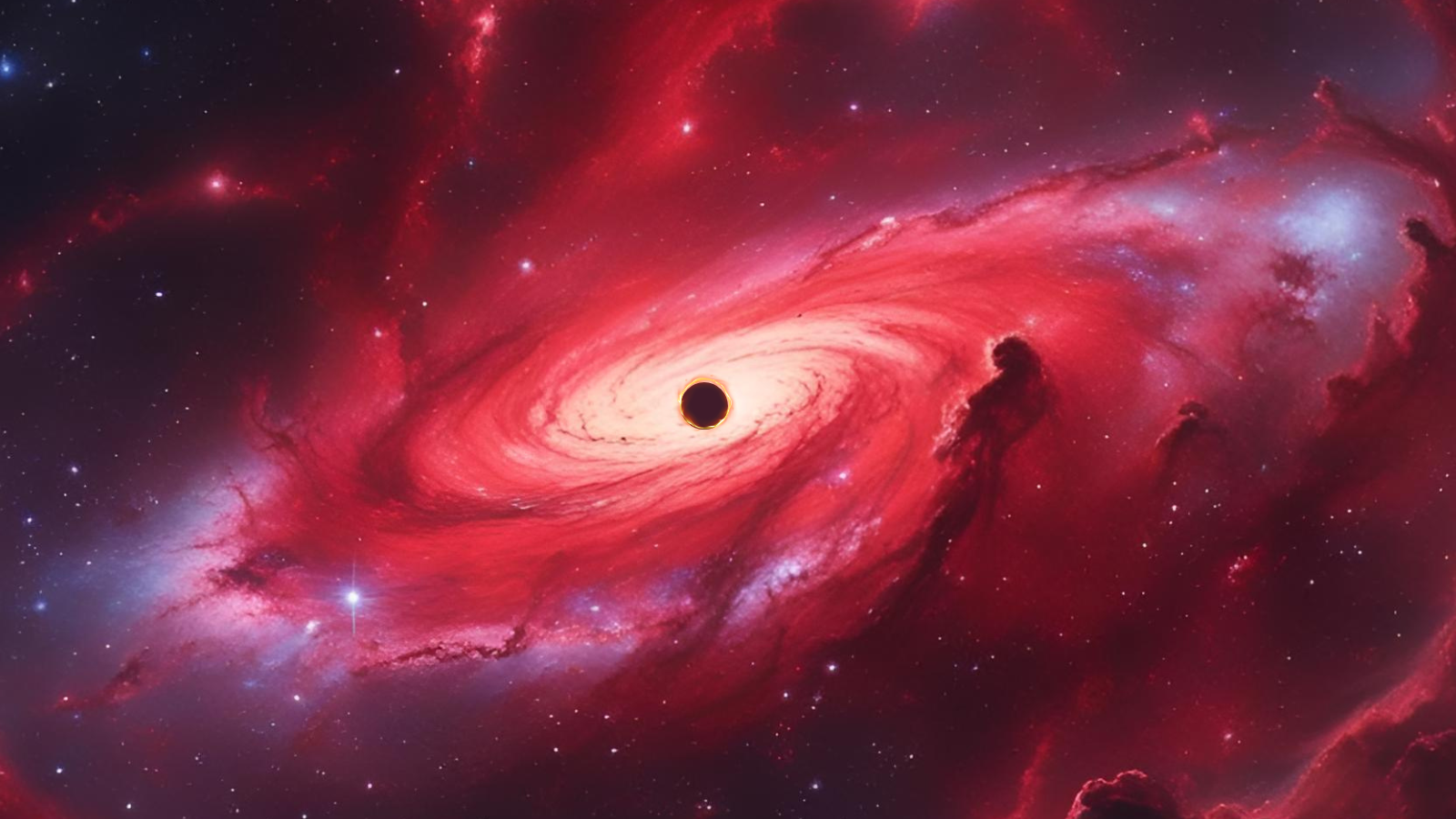'Supergirl' at 10: The Arrowverse TV show laid the blueprint for James Gunn's DC Universe
How the "Supergirl" TV series shaped DC's modern age of heroes.
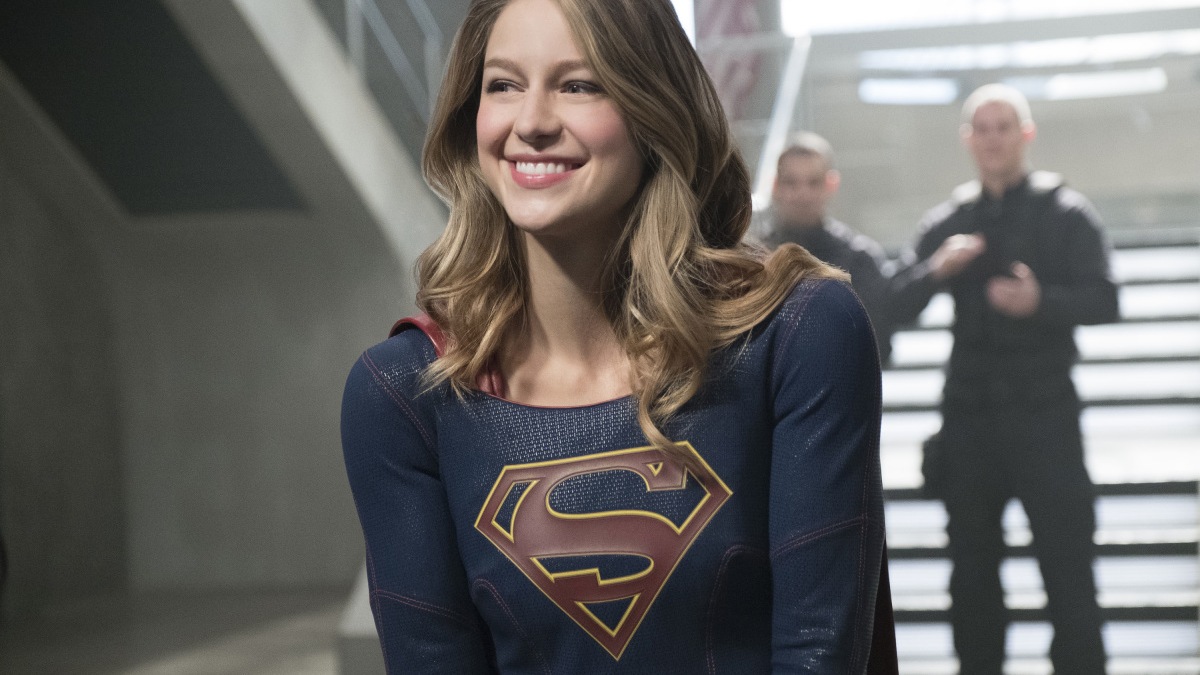
James Gunn's "Superman" promotes kindness as the new punk rock. It's a hopeful message, encouraging people to treat each other better rather than fall into the cynical trappings of modern society. It isn't a new concept by any means, since another TV show about the Man of Steel's famous cousin laid the foundation for this bright, buoyant world where superheroes wear their emotions on their sleeves (and capes).
Premiering on Oct. 26, 2015, the "Supergirl" TV series marked the third entry into the burgeoning Arrowverse – an interconnected television universe featuring different DC series. Funnily enough, it was meant to be separate at first, but once the show moved from CBS to The CW in its second season, it integrated into the wider storyline. It was a strange time for the DC brand, though, mostly due to its cinematic endeavours attempting to build a darker alternative to the Marvel Cinematic Universe (MCU), while the Arrowverse proved to be a smorgasbord of tone. "Arrow" brooded and "The Flash" brought levity, but "Supergirl" became the heart of it all.
Inspired by the comic book stories that came before it, "Supergirl" follows the adult Kara Danvers (Melissa Benoist), also known as Kara Zor-El, who becomes Supergirl. Years prior, Kara was sent from Krypton to Earth to protect her younger cousin, Kal-El. However, her ship was thrown off course and she spent 24 years trapped in the Phantom Zone. Eventually, Kara arrived on Earth, where she discovered that Kal-El was already established as Superman and no longer needed her protection. Her cousin placed her under the care of foster parents, Eliza (Helen Slater) and Jeremiah Danvers (Dean Cain), and their daughter, Alex (Chyler Leigh), so that Kara experienced an ordinary upbringing, despite her extraordinary origin.
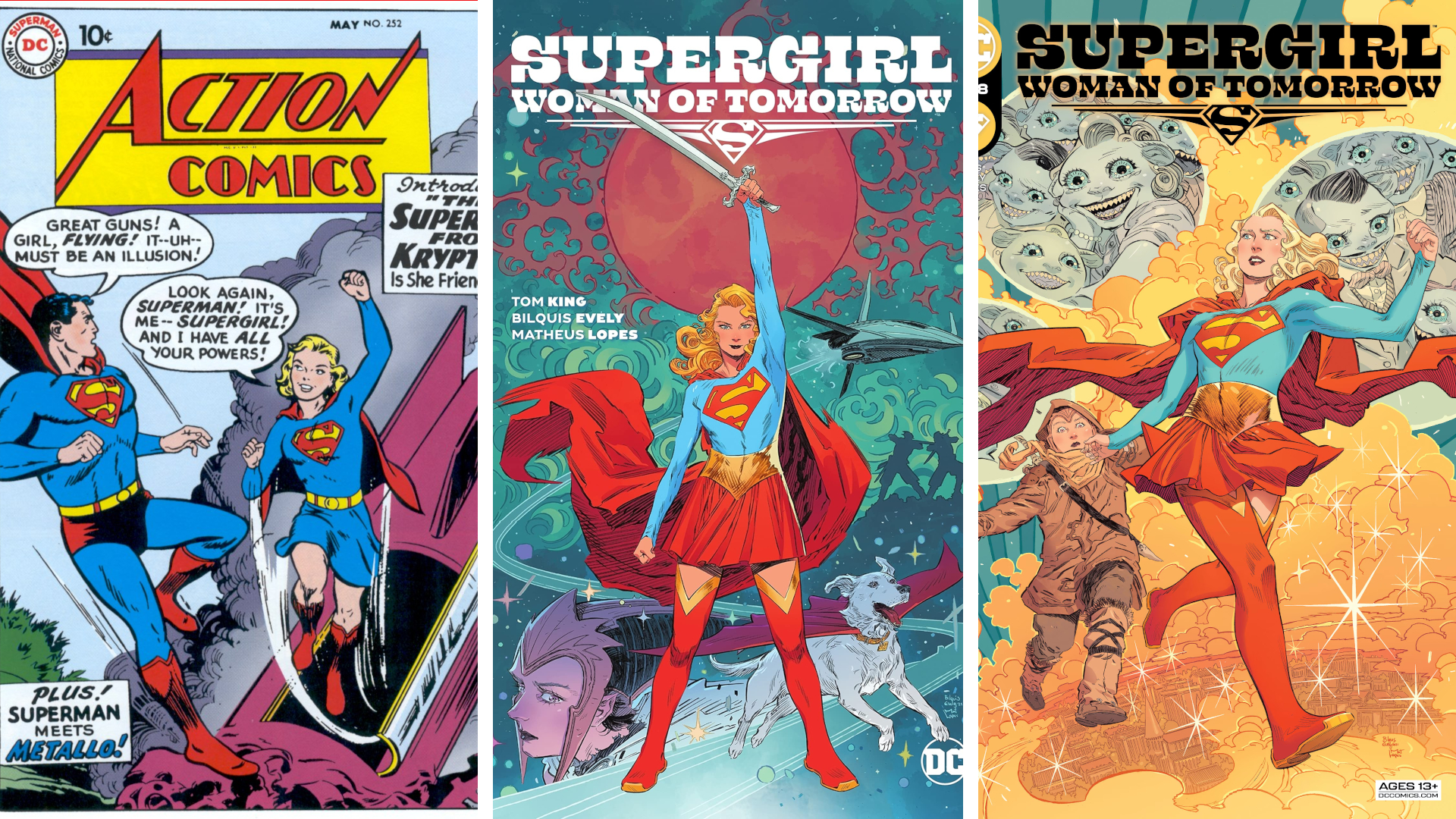
Kara's journey isn't only about her deciding to use her superpowers to help the world as Supergirl, but it's also about reconciling her Kryptonian heritage with the life she builds on Earth. She experiences a crisis of identity in this regard: Is she Kara Danvers, Kara Zor-El, or Supergirl? It's no different from what her cousin experiences in "Superman." When they come to appreciate that they're the masters of their own destinies and not defined by their identities, labels, or powers, that's when they unlock the full potential of their greatest quality: humanity.
To paraphrase the Man of Steel's monologue in "Superman," they're as human as anyone. They love. They get scared. They wake up every morning, and despite not knowing what to do, they put one foot in front of the other, and try to make the best choices that they can. They screw up all the time, but that is being human, and that's their greatest strength.
Benoist understood this about the character from the get-go. "I love her humanity," Benoist told KryptonSite months before "Supergirl" debuted. "She is an alien, [but] I love that she really has a lot of discovering to do, and growth, and makes mistakes. I think she's so relatable, and I just want to stay true to that."
This enables Kara to walk between both worlds and maintain compassion and respect for every living being on Earth and elsewhere. A storyline in the fourth season sees Lex Luthor (Jon Cryer) pulling puppet strings in the formation of the Children of Liberty, an anti-alien group. (Oddly similar to Nicholas Hoult's Luthor's plans in "Superman" too, isn't it?) Kara opposes this hate group, fighting the calculated acts of disinformation, intolerance, and bigotry.
Breaking space news, the latest updates on rocket launches, skywatching events and more!
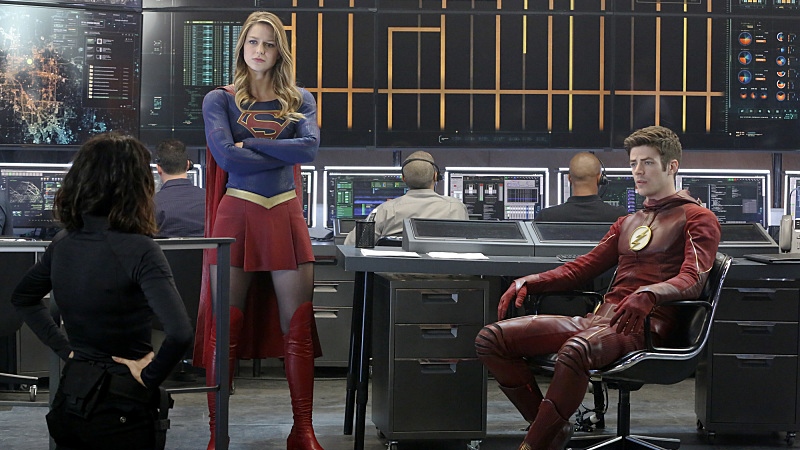
It's in these moments that Kara does something even more powerful than any superhuman feat: She inspires those around her to be everyday selfless heroes and stand up for what's right. Throughout "Supergirl," Kara demonstrates how she can't solve the universe's problems alone. All the power in the world means nothing, because it's people who matter. Resultantly, Kara motivates and rallies other superpowered and non-superpowered individuals to share in the hope of a better tomorrow. No matter the odds, the circumstances, or the apathy of others, Kara proves that only through kindness can people be the positive change they want to see in the world. A certain James Gunn must have heeded this message, while doodling the Mighty Crabjoys logo in his notebook.
Rotten Tomatoes ranked "Supergirl" as the ninth-best superhero TV show of all time, ahead of critically acclaimed series like "Daredevil," "Smallville," and "Legion." While a controversial decision for sure, one cannot argue that "Supergirl" differentiates itself through its unapologetic positivity and feelgood factor. It's also remarkable how the series never set out with the intention to merge with or create a wide-spanning universe with cameos, crossovers, and canon fodder, but it happened organically. Even so, it never came at the cost of everything else, as Kara remained the beating heart of the show and Arrowverse. Much how it should be, especially when many comic book shows and films are guilty of putting franchise-building over good storytelling.
Of course, there would be no Supergirl without Superman, and the show eventually introduced its own Man of Steel, played by Tyler Hoechlin (who went on to have his own spinoff, "Superman & Lois"). Despite David Corenswet sharing an uncanny resemblance to Henry Cavill, he's certainly more akin to Hoechlin's Supes – goofy, charming, good, and hopeful – lending more credence to the belief that Gunn looked to the Arrowverse for inspiration rather than Zack Snyder's DC Extended Universe.
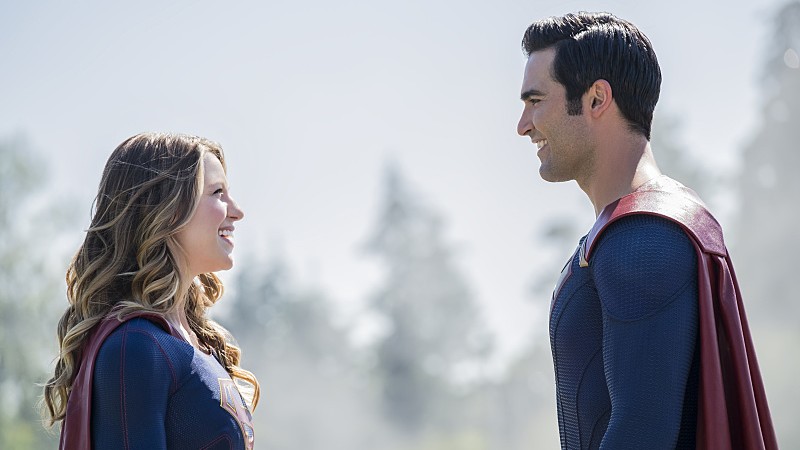
Gunn's DC Universe (DCU) is now in full force, taking further shape and expanding its breadth with each new chapter. Unquestionably, "Superman" showcased the same elements of charm, heart, and humor found in "Supergirl," yet it remains to be seen how Kara Zor-El herself is set to be portrayed in the DCU. Milly Alcock's brief cameo in "Superman" marks a stark difference to Benoist's version of the character, but this could change with the release of 2026's "Supergirl" movie – or maybe it won't.
Regardless, the "Supergirl" TV show left its imprint tattooed on the fabric of the DCU, and even other modern comic book adaptations. In a time in which human kindness has become seen as some kind of weakness or point of ridicule, this series encourages everyone to do the opposite. By becoming the light in a darkened world, everyone becomes a firefly that helps to illuminate the way back home to each other. Now, that's punk rock.
"Supergirl" is available to watch on Amazon, Apple TV, and other streaming services in the US and UK.

Sergio Pereira is a scriptwriter and entertainment journalist covering movies, TV, video games, and comic books. His work has appeared in Looper, /Film, CBR, Screen Rant, IGN, and SYFY Wire. Sergio lives in sunny Johannesburg, South Africa with a clan of Chihuahuas that rule his bed and life.
You must confirm your public display name before commenting
Please logout and then login again, you will then be prompted to enter your display name.
